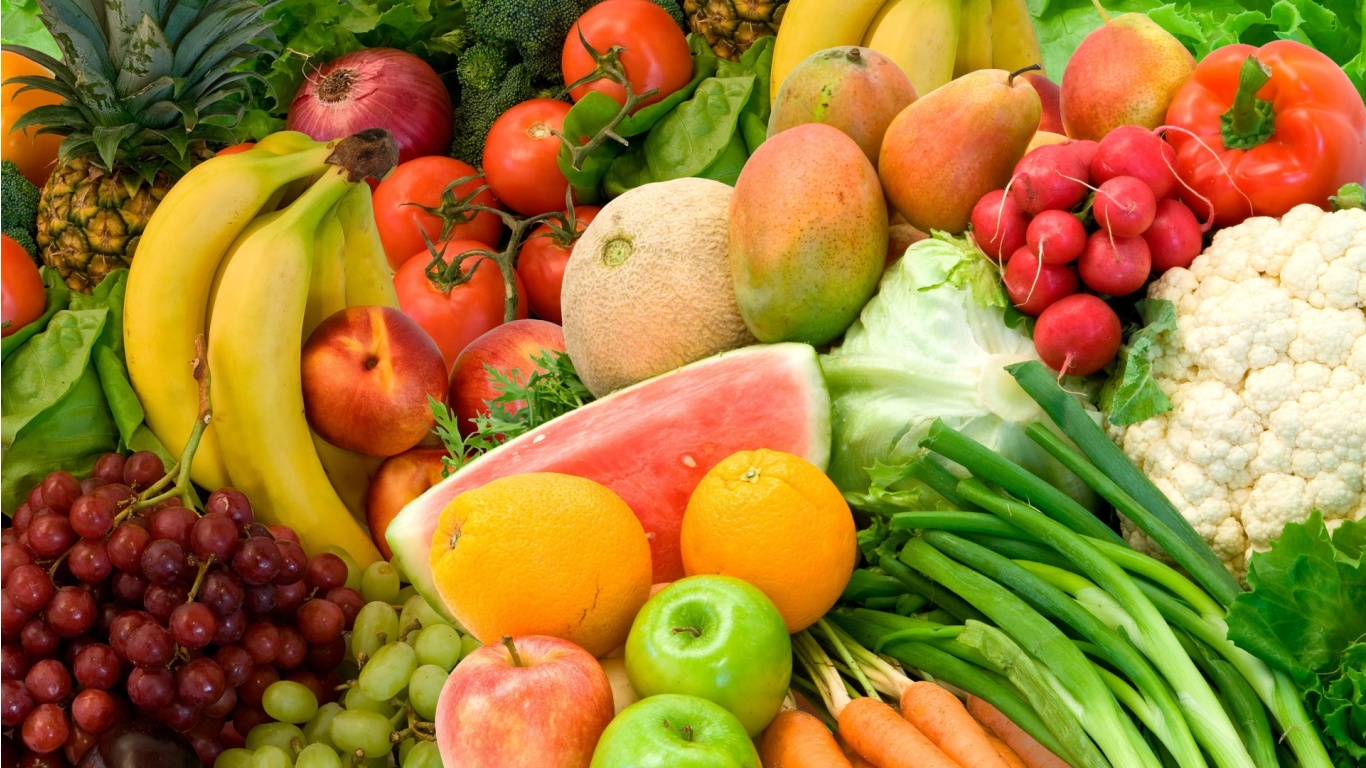Food and Your Mood,
June 18, 2018

As summer sets in, let’s not forget the importance of self-care for our mood. Self-care includes things like sleep, exercise and diet, and it is crucial for our overall mind-brain health.
We’ve talked about sleep and exercise in the past, but not yet about diet. What we eat matters for every aspect of our health, including our mental health.
Diet and Emotional Well-being
A growing body of research shows that a healthy, natural food diet can help prevent depression. And an unhealthy diet – high in processed and refined foods – increases the risk for the illness in everyone, including children and teens.
Here is what one recent research review of multiple studies concluded:
“A dietary pattern characterized by a high intake of fruit, vegetables, whole grain, fish, olive oil, low-fat dairy and anti-oxidants and low intakes of animal foods was apparently associated with a decreased risk of depression. A dietary pattern characterized by a high consumption of red and/or processed meat, refined grains, sweets, high-fat dairy products, butter, potatoes, and high-fat gravy, and low intakes of fruits and vegetables is associated with an increased risk for depression.”
The Stomach-Brain Connection
Diet is such an important component of mental health that is has inspired an entire field of medicine called nutritional psychiatry. Mind-body medicine specialist Dr. Eva Selhub of Harvard University has written a cogent summary of what nutritional psychiatry is and what it means for you. Click here to read.
What we eat not only feeds our brain but affects our microbiome – the trillions of microorganisms living in our gut, studies show. The gut microbiome makes molecules that communicate with the brain and alter the production of a key neurotransmitter — serotonin. A proper diet enhances this complex communication between gut and brain, experts say.
The Bottom Line
So, what to make for dinner tonight? There are several healthy options that can be used as a guide. One that comes up frequently is the Mediterranean diet.
This gist of it is eat lots of plants, fruits and vegetables, whole grains, seeds and nuts, with some lean proteins like fish and yoghurt. Avoid things made with added sugars or flours (like breads, baked goods, cereals and pastas) and minimize animal fats, processed meats, and butter. Occasional intake of “bad” foods is probably fine; but remember, everything in moderation.
For those struggling with clinical depression, a good diet cannot replace medication or therapy, but it certainly can’t hurt. At the very least, it can serve as a supplemental treatment that also has a giant upside. You’ll feel better and you may help prevent many other health problems, such as heart disease, cancer, diabetes and dementia.

